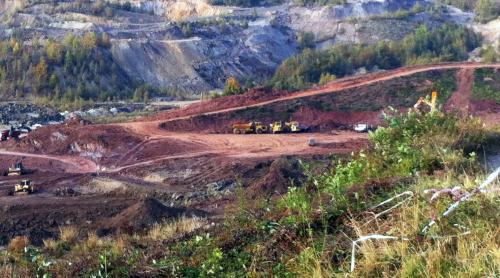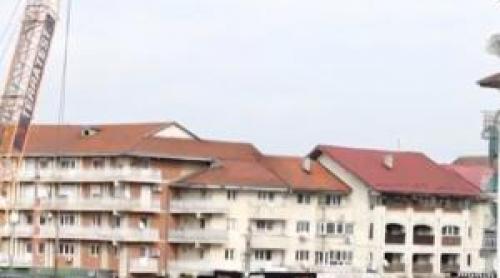
According to the agreements signed Friday, Atomstroiexport, the nuclear division of Gazprom, will built and maintain at Belene, northern Bulgaria, two nuclear reactors using pressurized water, of 1,000 MW each. Russian President Vladimir Putin signing the deal along his Bulgarian counterpart, said his country was ready to back the contract with a 3.8 billion euros loan made to Bulgaria. The final costs are estimated at six to seven billion euros.
This would be the first time Russian nuclear technology would be used in an European Union member state, which prompted some to dub the agreement as “Russia's Trojan Horse in Europe,” according to the Novinite news wire. The technology will actually be a mix of Russian and EU origin, with Atomstroiexport subcontracting the French-German company Areva-Siemens for 3.997 billion euros.
The Romanian minister for the environment Attila Korodi said Romania was satisfied with the fact that the project for developing the nuclear plant at Belene complied with the Espoo Convention. Renewed Bulgarian-Romanian debates on starting the project at Belene date back to 2004.
International media quotes apprehensions some have regarding the project, with The Guardian saying that Bulgaria has the privilege to become the testing ground for a new type of nuclear reactor the Russians want to build at Belene. The mix of Russian and Western technologies makes people uneasy, as well as the fact that similar Russian solutions and components were used only in nuclear plants developed in China and India, as pointed out by Daniel Meijers, director of the “Friends of the Earth Europe.”
Also Friday Bulgaria and Russia decided to built the South-Stream oil and gas pipe, to which Italy is a partner too. The pipe line transiting Bulgarian territory would be 50% owned by the Russians, and the total cost of the project is estimated at around 10 billion euros.
The project directly competes with the Nabucco oil and gas pipe line, developed by the European Union, estimated to cost around 5 billion euros, and which was to transit the Romanian territory. The Nabucco project aimed to achieve Europe's independence from the Russian oil, with diversifying its sources of importing oil with those in the Caspian region.
Translated by Anca Păduraru


















